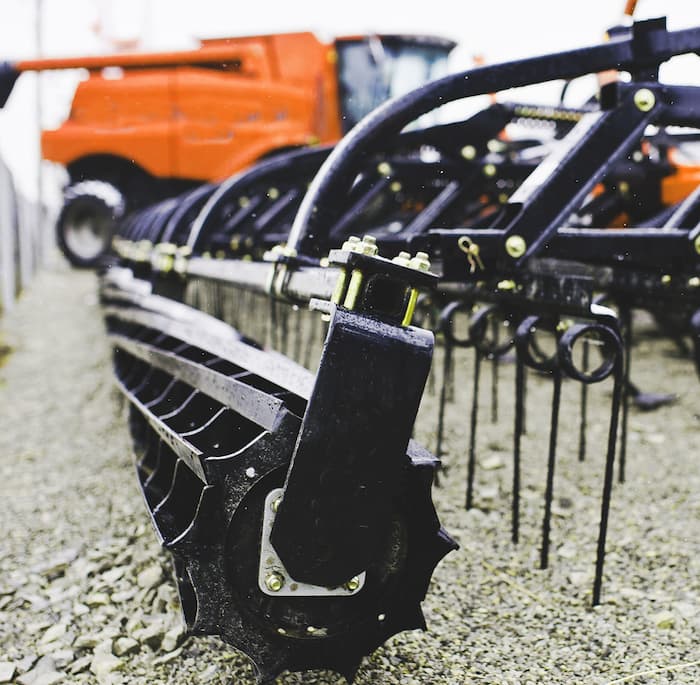In the ever-evolving landscape of agriculture, the adoption of sustainable practices has become increasingly vital. As farmers worldwide seek to minimize their environmental impact and maximize efficiency, the role of sustainable agriculture equipment has come to the forefront. In this article, we’ll explore why sustainable farming practices matter and why those looking to sell farm equipment should consider the expertise of a qualified equipment appraiser.
The Rise of Sustainable Agriculture Equipment
Modern agriculture has witnessed a significant shift towards sustainability, driven by a growing awareness of environmental concerns and the need for resource conservation. Sustainable agriculture equipment is designed to reduce the ecological footprint of farming operations, focusing on energy efficiency, soil health, and conservation of natural resources.
Benefits of Sustainable Agriculture Equipment
Environmental Stewardship
Sustainable farm equipment incorporates eco-friendly technologies, such as precision agriculture tools, cover crops, and low-emission machinery. By minimizing the use of chemicals and optimizing resource efficiency, farmers can contribute to environmental conservation.
Soil Health and Conservation
Sustainable practices promote soil health through reduced tillage, cover cropping, and organic fertilizers. Equipment designed with soil conservation in mind helps prevent erosion and preserves the long-term fertility of agricultural land.
Energy Efficiency
Sustainable farming equipment often features energy-efficient technologies, reducing the overall carbon footprint of agricultural operations. This not only benefits the environment but also helps farmers save on energy costs.
Cost Savings
While there may be an initial investment in sustainable equipment, the long-term benefits include reduced input costs, increased efficiency, and improved yields. Sustainable practices can lead to a more economically viable and resilient farming operation.
Enhanced Crop Quality
Sustainable agriculture equipment is designed to optimize conditions for plant growth. This can result in higher-quality crops, which are increasingly in demand in markets that prioritize environmentally friendly and responsibly sourced products.
Selling Farm Equipment: The Importance of Qualified Equipment Appraisers
For those considering selling farm equipment, it’s crucial to understand the value of their assets accurately. A qualified equipment appraiser plays a pivotal role in this process, offering several key advantages:
Accurate Valuation
Equipment appraisers have the expertise to accurately assess the value of farm equipment, considering factors such as age, condition, and market demand. This ensures that sellers receive a fair and competitive price for their assets.
Market Insight
Appraisers stay abreast of market trends, demand fluctuations, and technological advancements in the agricultural equipment sector. This knowledge enables them to provide informed recommendations on the optimal time to sell and the right pricing strategy.
Legal Compliance
Professional appraisers understand the legal and regulatory aspects of equipment valuation. This knowledge ensures that the selling process adheres to industry standards, reducing the risk of legal complications.
Negotiation Support
Armed with a comprehensive appraisal, sellers are better equipped to negotiate favorable deals. Appraisers provide valuable documentation that supports the equipment’s fair market value, facilitating a smoother negotiation process.
As the agricultural industry continues its sustainable evolution, the importance of sustainable agriculture equipment cannot be overstated. Farmers embracing these practices contribute not only to their own success but also to the well-being of the planet. For those looking to sell farm equipment, partnering with a qualified equipment appraiser ensures a fair and informed transaction, reflecting the value of equipment designed to sustain both farms and the environment for generations to come.


Leave a Reply